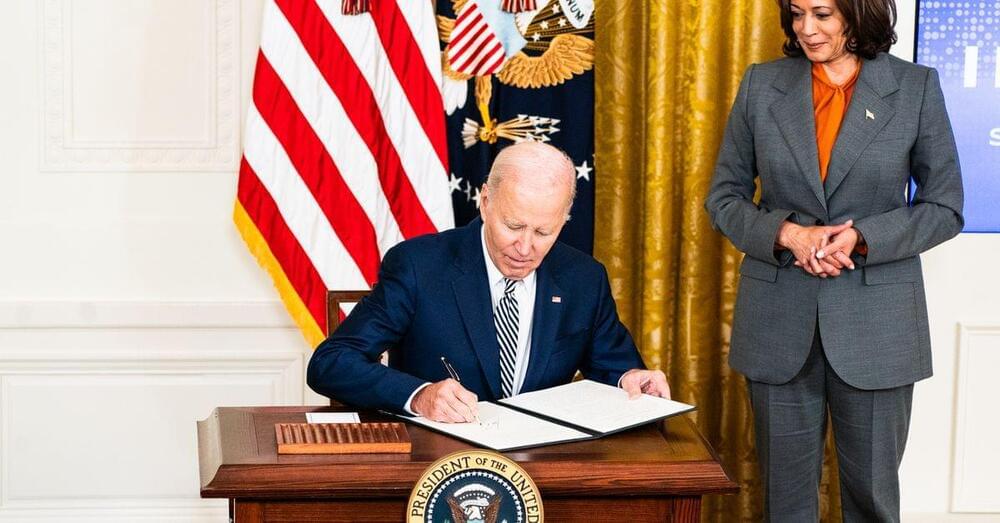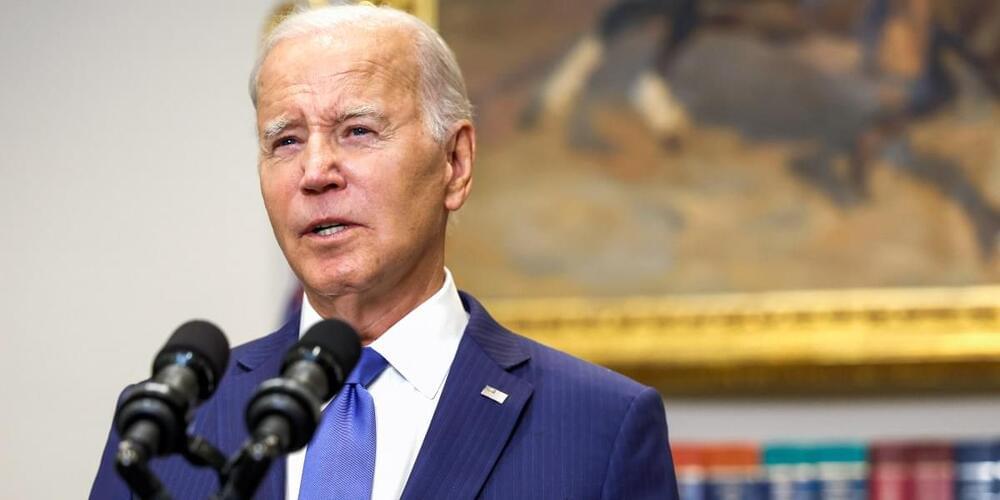Nov 11, 2023
NVIDIA may soon announce new AI chips for China to get around US export restrictions
Posted by Gemechu Taye in categories: government, military, robotics/AI, supercomputing
The new chips were designed to be less powerful than the models sold in the US, according to sources.
NVIDIA really, really doesn’t want to lose access to China’s massive AI chip market.
NVIDIA really, really doesn’t want to lose access to China’s massive AI chip market. The company is developing three new AI chips especially for China that don’t run afoul of the latest export restrictions in the US, according to The Wall Street Journal and Reuters. Last year, the US government notified the chipmaker that it would restrict the export of computer chips meant for supercomputers and artificial intelligence applications to Russia and China due to concerns that the components could be used for military purposes. That rule prevented NVIDIA from selling certain A100 and H100 chips in the country, so it designed the A800 and H800 chips specifically for the Chinese market.









